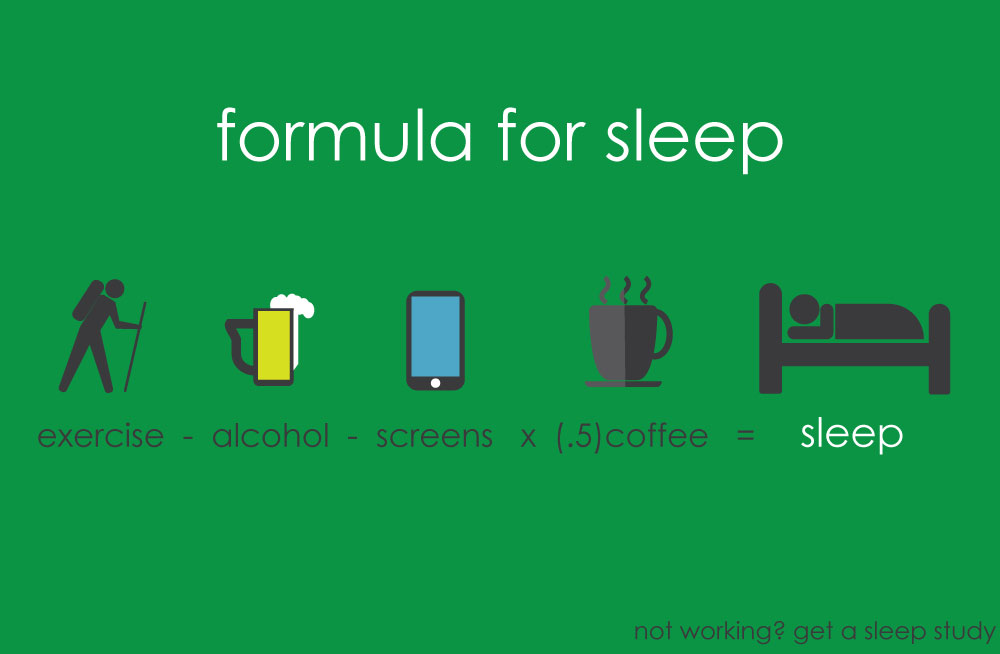Why Bedtime Routines are Critical (Especially These Days)
Having a bedtime routine is probably the best way to get consistent and sufficient sleep every day. Good bedtime routine habits may replace sleep medicine supplementation in some cases, and helps prevent you from the nasty cycle of sleep deprivation followed by sleep binging. Sleep deprivation is insidious and can lead to:
- Lower quality of life
- Worse eating/drinking habits (i.e., energy drinks, more coffee, etc.)
- Worse performance in every aspect of life
Sleep deprivation is often followed by binge sleeping, which feels good but tends to perpetuate the sleep deprivation cycle. Here are seven necessary steps to set a bedtime sleep routine and schedule.
1. Create Good Sleeping Environment
Creating a good sleep environment is critical for creating your sleep routine. You need a quiet, dark and cool room. A clean, decluttered room can also create a sense of peace and wellbeing that can induce relaxation and sleep.
Of course, depending on your existing environment, setting this up can take a bit of extra work. If you live in a loud area, you may have to use earplugs. If you live in the city or a place like Alaska where the sun doesn't go down, then you may have to invest in blackout curtains. Odd smells, dirty sheets, and other distractions can be fixed with essential oils, a clean room, and candles.
2. Spend a Little Money for Good “Sleep Accessories”
Sleep accessories are the items that aid you in feeling comfortable and in love with being in your bed. Just ask yourself: Is your bed comfortable? How old is it? Is it causing you pain?
But sleep assets go beyond just your bed, and include things like:
- A good mattress and/or topper
- A comfortable pillow(s) for your head and, often, between your legs
- Good quality sheets
- A comforter that’s in good condition
Don’t worry if you don’t have the budget for a new mattress. A couple hundred dollars can go a long way in getting a nice memory foam topper and excellent pillow.
3. Change Diet/Drink Habits As Needed
Having good drinking habits is essential to being able to stick to your bedtime and sleep schedule. Of course, for most of us that means making lifestyle changes! These usually include:
- Not drinking alcohol right before bed (no nightcap), as alcohol produces REM sleep
- Drinking less coffee
- Sticking to drinking coffee in the morning
- Limiting liquids directly before bed
Cutting out and reducing coffee intake is especially hard the first few days, but you will adjust quickly.
4. Choose Activity to Do Before Bed
A pre-bedtime activity that you do dogmatically before bed is absolutely essential. Think Pavlov’s dogs, which salivated every time they heard the bell ring because Pavlov always fed the dogs after ringing the bell. This is called conditioning.
This is the purpose of choosing the same activity to do before bed every night – conditioning your body to start producing melatonin and mentally slow down. Some tried and true pre-bedtime activities include:
- Taking a hot bath
- Reading
- Listening to a book, podcast, etc.
- Meditating
- Journal writing
There are many other options, depending on your taste and interests, but some things to avoid are anything on screens and working out. These will wake you up and suppress melatonin production.
5. Set a No-Screen Rule In Bed
The blue light from screens delay the release of melatonin, and may even suppress the amount that is released. Melatonin is the hormone that regulates sleep.
This rule is especially hard to follow because we are beset by screens:
- TVs
- Laptops
- Smart phones
- Computers
- Tablets
Furthermore, there are endless activities to do online with no obvious stopping point, You can scroll through Facebook, Instagram, YouTube endlessly. Screens are different than books where there are chapters or book endings that create a nice spot for you to put it down to go to bed. It's best to not even tempt yourself and just avoid it all the way.
6. Set a Realistic Bedtime
"Set a bedtime? Really? We are not children anymore." Bedtimes, however, are not just for children. A bedtime is a useful tool. It is your way of self-regulating by setting boundaries and rules for yourself.
There’s an important catch, however. Your bedtime should be realistic. Set one you think you can actually attain and that matches your chronotype. If you are a night owl, set a later bedtime and if you're a morning bird, then you should set an earlier bedtime. Also make sure it fits your lifestyle, job/school schedule, and something that you can attain more often than not.
7. Commit to It Until Habituation
Last point, and most importantly, commit to setting a sleep schedule. If you don’t commit fully, you won’t be able to set your sleep schedule.
The purpose is to habituate yourself. Habits are hard to set, and take time to build. Like anything, you will likely make mistakes and not follow through at first. But over time, a week or a month, with the commitment to the tips above you should set a nice sleep schedule and get requisite sleep most nights.
What If you Simply Can’t Set Bed Time?
Of course, there are some sleep conditions that will make it seemingly impossible to set this schedule, in which case you may need external help. These conditions include:
- Sleep apnea
- Insomnia
- Restless leg syndrome
- Circadian rhythm disorders
If you live in Alaska and have tried setting your schedule without success, please contact us.



